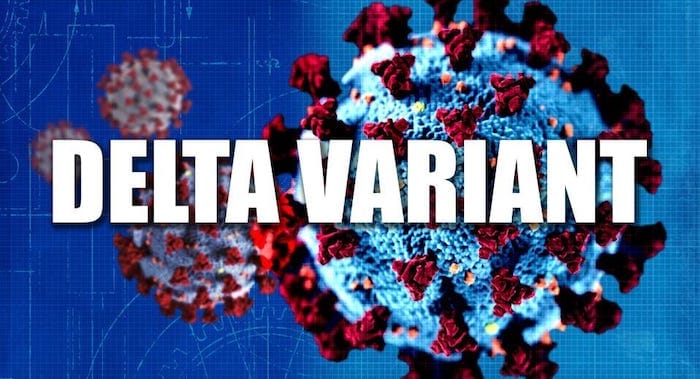Pfizer Vaccine…No Unprotected Sex for 28 days after Administration
This document was for the testing of the Pfizer vaccine. They didn’t want the study groups to have sex because they wanted to make sure they kept the spouses and significant others of the study participants safe.
In other words, in case something bad could be passed from one person to another through bodily fluids. Although it could be an indicator that they think it could be dangerous.
Do we know they tested their participant’s sperm and determined it was fine otherwise? Would they have mentioned it to people taking the vaccine now?
Go to page 132 of this document:
10.4. Appendix 4: Contraceptive Guidance
10.4.1. Male Participant Reproductive Inclusion Criteria
Male participants are eligible to participate if they agree to the following requirements during the intervention period and for at least 28 days after the last dose of study intervention, which corresponds to the time needed to eliminate reproductive safety risk of the study intervention(s):
• Refrain from donating sperm.
PLUS either:
• Be abstinent from heterosexual intercourse with a female of childbearing potential as their preferred and usual lifestyle (abstinent on a long-term and persistent basis) and agree to remain abstinent.
OR
• Must agree to use a male condom when engaging in any activity that allows for passage of ejaculate to another person.
• In addition to male condom use, a highly effective method of contraception may be considered in WOCBP partners of male participants (refer to the list of highly effective methods below in Section 10.4.4).
10.4.2. Female Participant Reproductive Inclusion Criteria
A female participant is eligible to participate if she is not pregnant or breastfeeding, and at least 1 of the following conditions applies:
• Is not a WOCBP (see definitions below in Section 10.4.3).
OR
• Is a WOCBP and using an acceptable contraceptive method as described below during the intervention period (for a minimum of 28 days after the last dose of study intervention). The investigator should evaluate the effectiveness of the contraceptive method in relationship to the first dose of study intervention. The investigator is responsible for review of medical history, menstrual history, and recent sexual activity to decrease the risk for inclusion of a woman with an early undetected pregnancy.



